You don’t sleep the whole night through
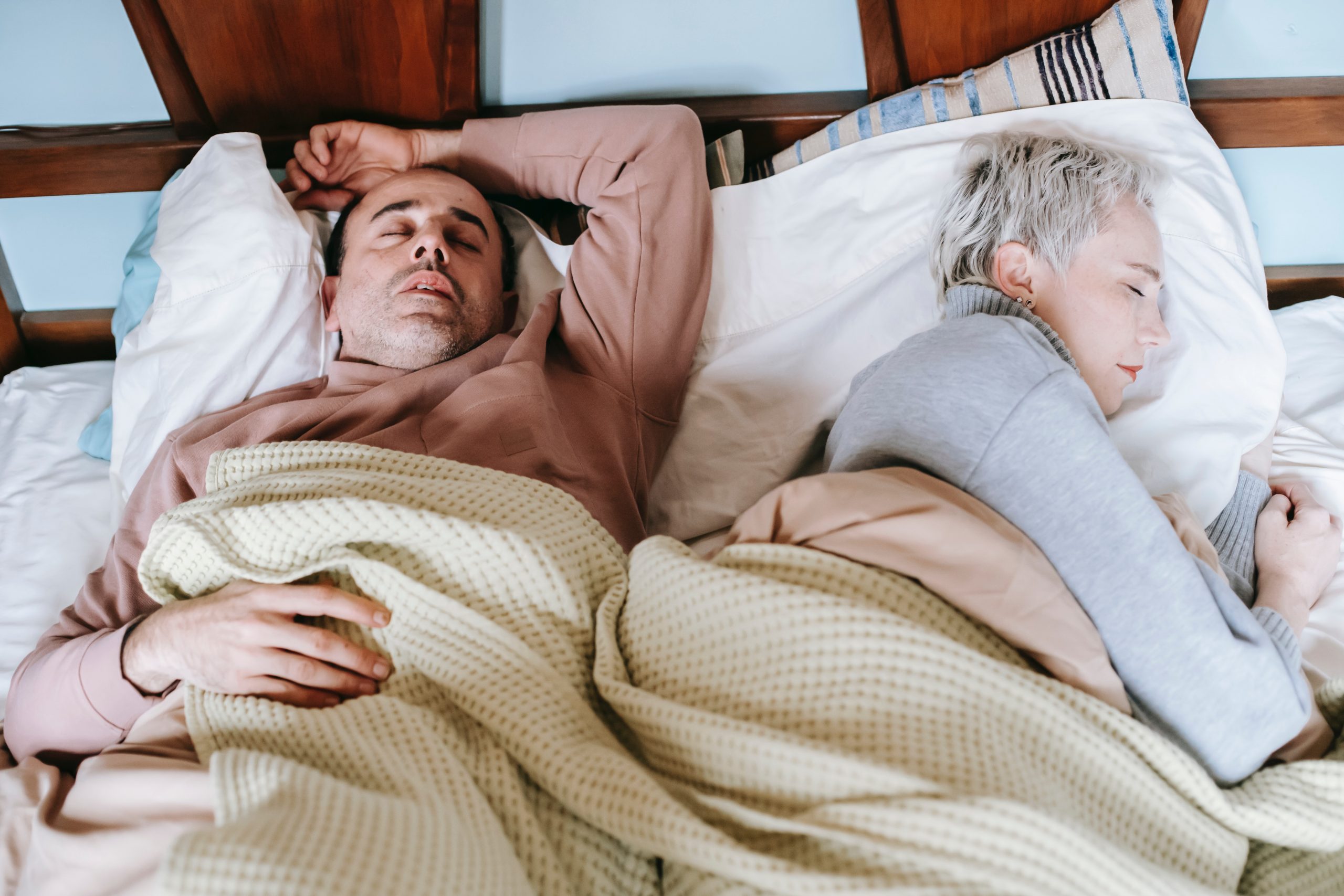
We all know that we’re supposed to get eight hours of sleep on a daily basis, but inevitably this is sometimes interrupted, perhaps by noises outside or the sudden need to use the bathroom. However, if you’re waking up in the early hours on a regular basis, never getting a full uninterrupted night’s sleep, this is a cause for concern.
It’s hard to go back to sleep when you wake in the night
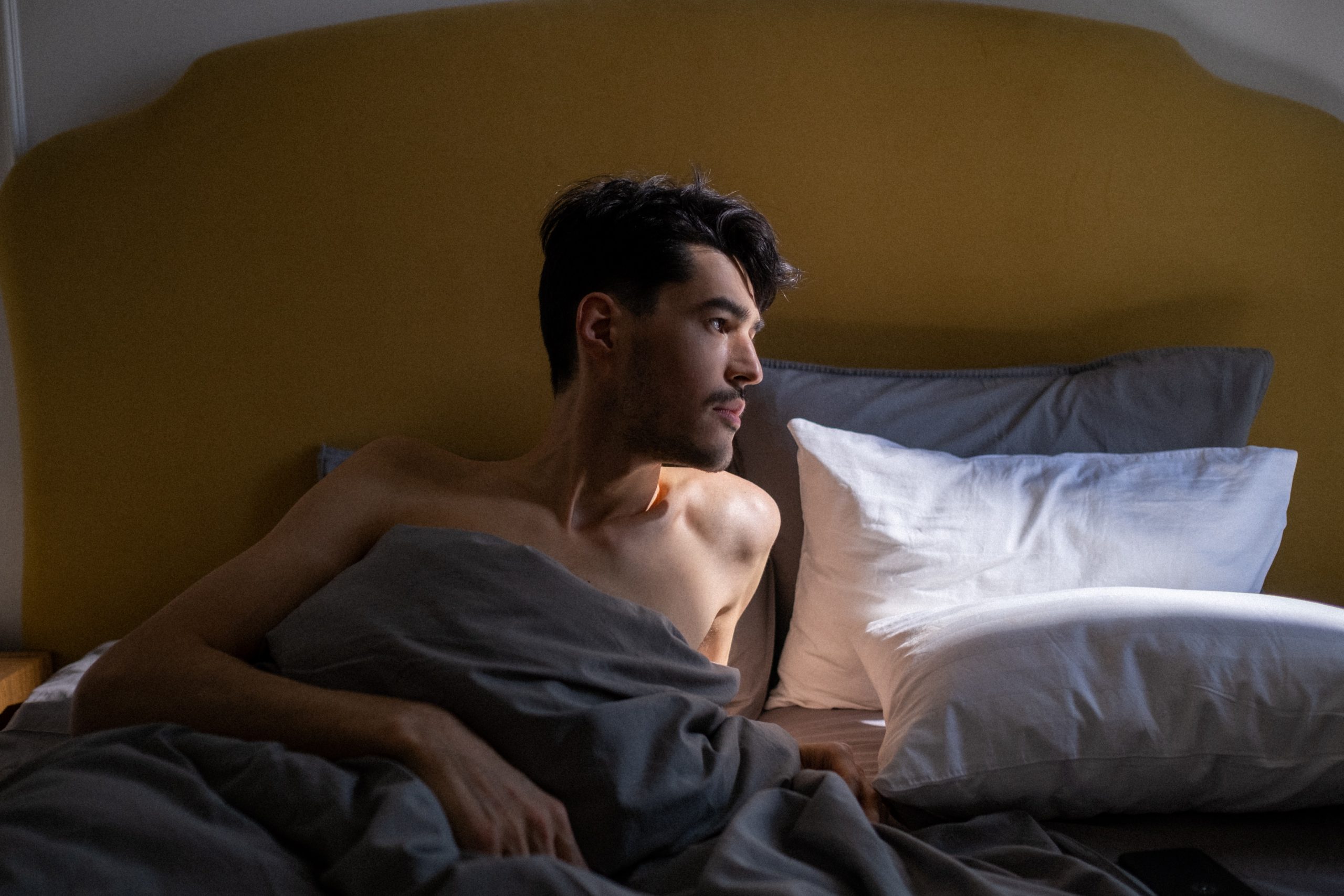
Waking up in the night is one thing, but for many of us it’s not too difficult to put your head back down and nod off again quickly. However, if once you wake unexpectedly it takes you longer than 20 minutes to get back to sleep – or worse yet, you’re not able to get back to sleep at all – then you may have a problem.
Your stress levels are soaring
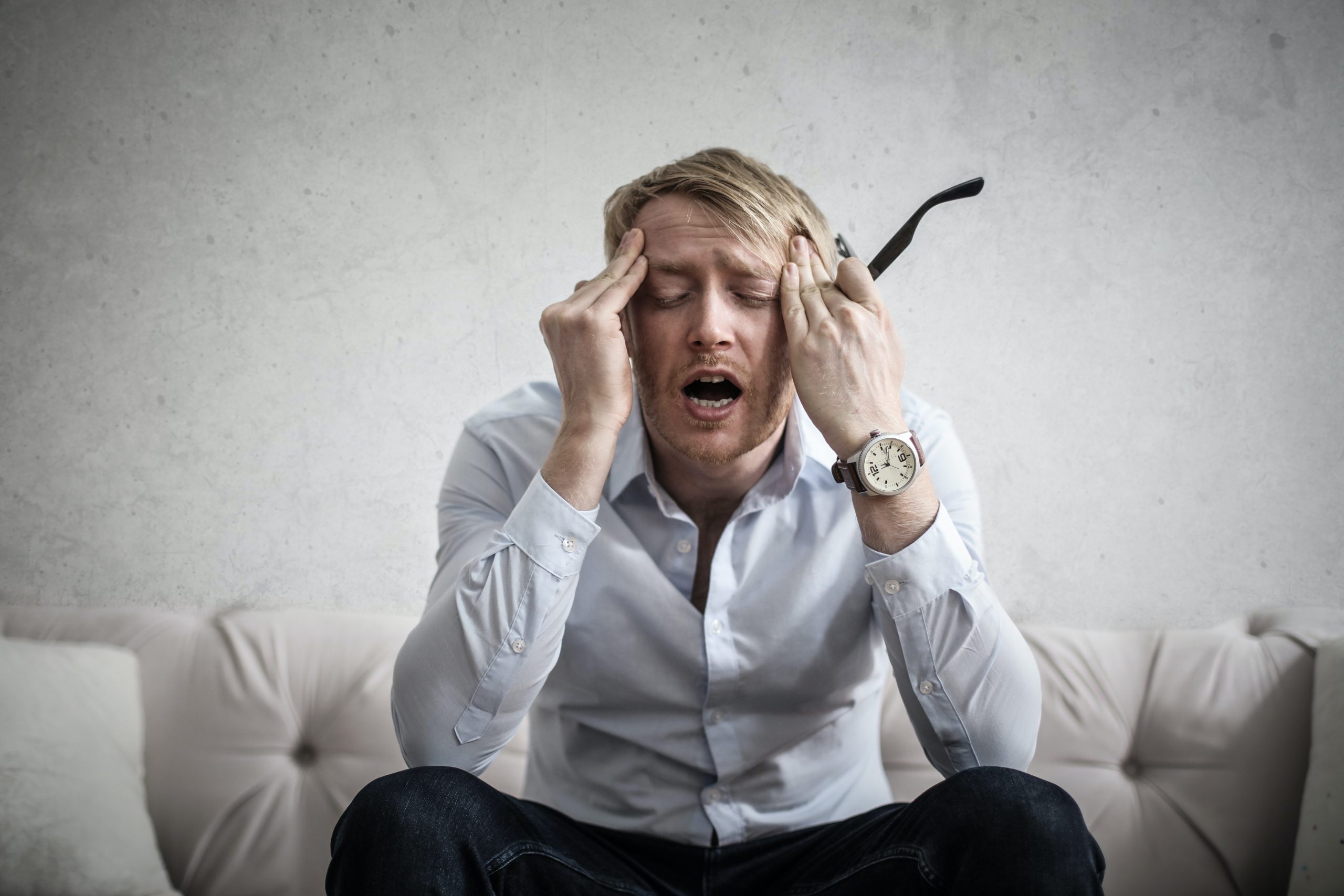
If you haven’t been sleeping well, and you also find yourself struggling emotionally during the day, guess what: the two things are almost certainly connected. Increased stress and anxiety, and an inability to keep your anger and/or tears in check, may well be indicators that you are in dire need of an improved sleep schedule.
You have major sugar and junk food cravings
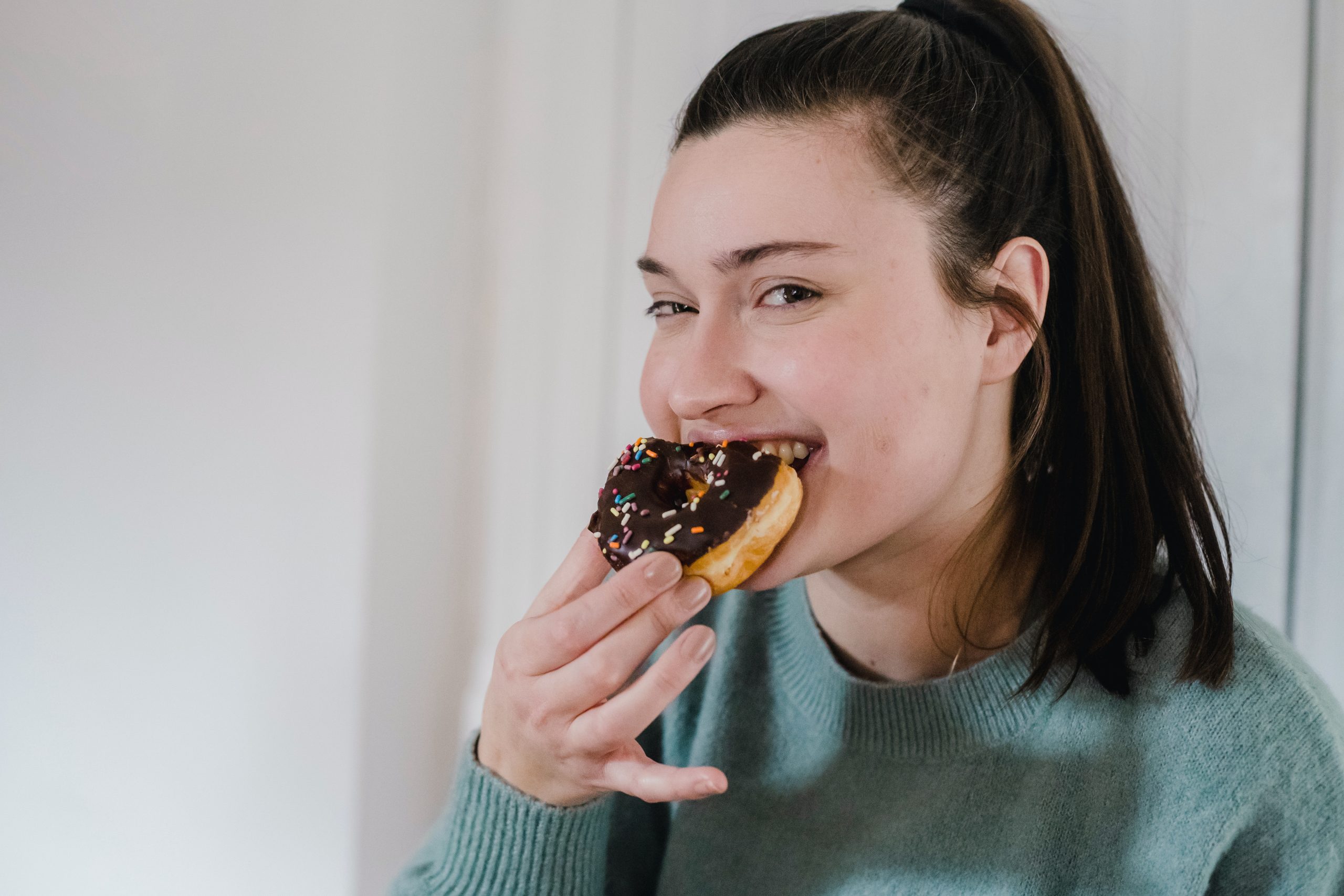
Another clear indicator of sleep deprivation is an increased appetite, especially if you’re craving all that stuff we know we shouldn’t be having too much of. Processed sugar and junk food can prove addictive for those of us burning the candle at both ends, as they give us a quick boost of energy – but they can also result in devastating energy crashes, and insomnia.
You’re over-reliant on caffeine
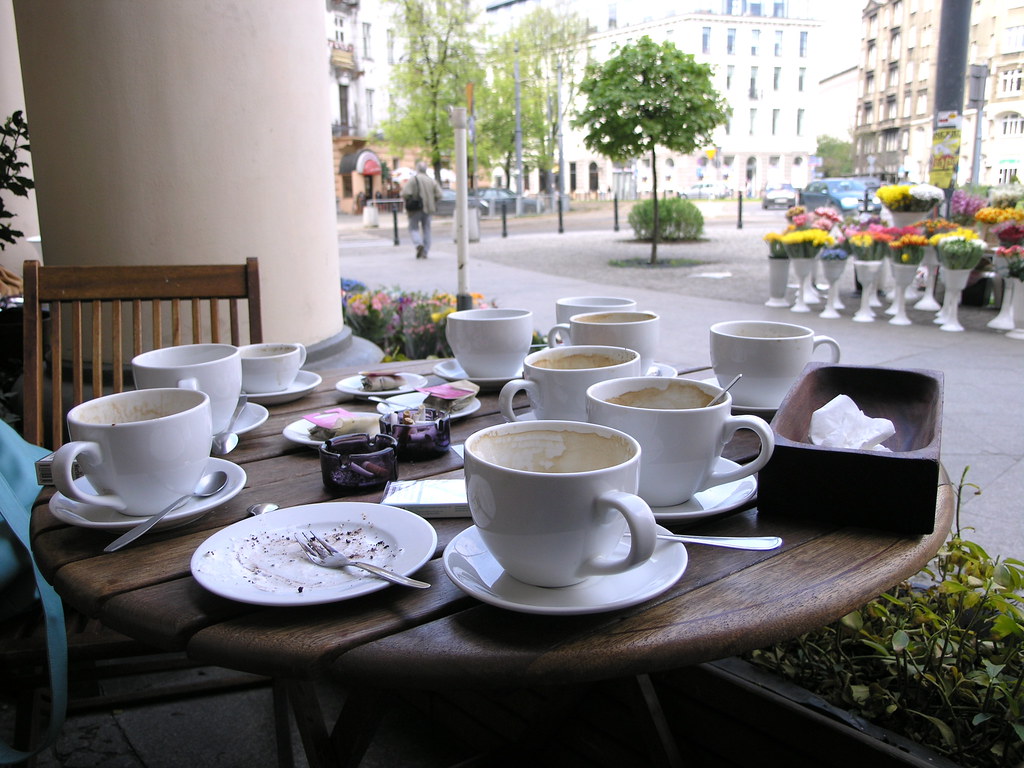
Hand-in-hand with sugar and junk food, caffeine is that other major vice of the sleep-deprived. The caffeine from one cup of coffee may take 10 hours or more to leave your system, so if you’re drinking multiple cups into the afternoon, it’s pretty much certain to keep you up at night. Cutting out the caffeine by midday or early afternoon should help improve things.
Your skin is bad
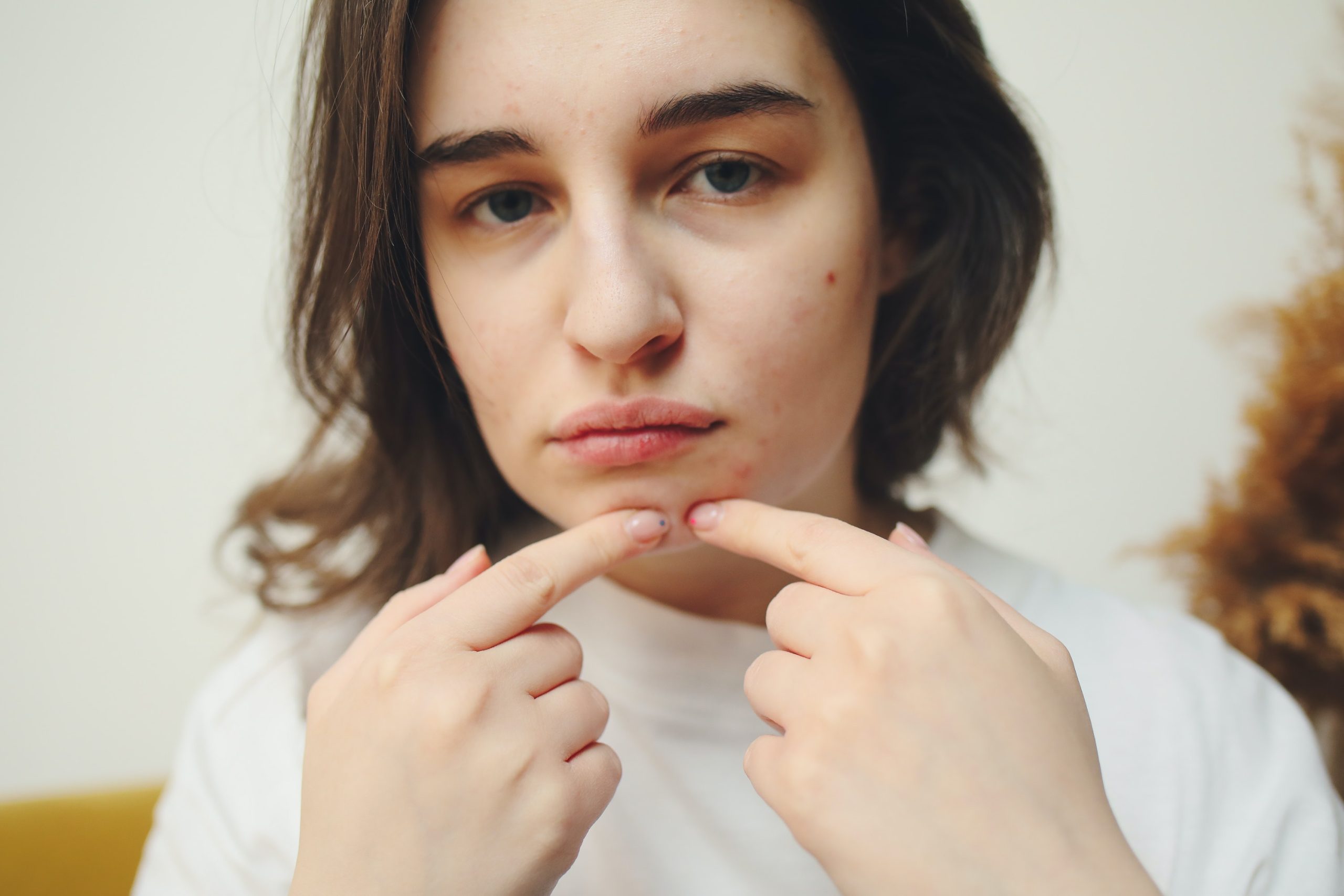
As much as we like to think of acne as an exclusively adolescent concern, the fact is that it can still affect us at any age – and if you’re suffering from outbreaks in adulthood, this may be a sign that you’re not sleeping enough. Outbreaks of zits are directly related to the hormones associated with stress, and less sleep inevitably leads to increased stress.
Your concentration is poor
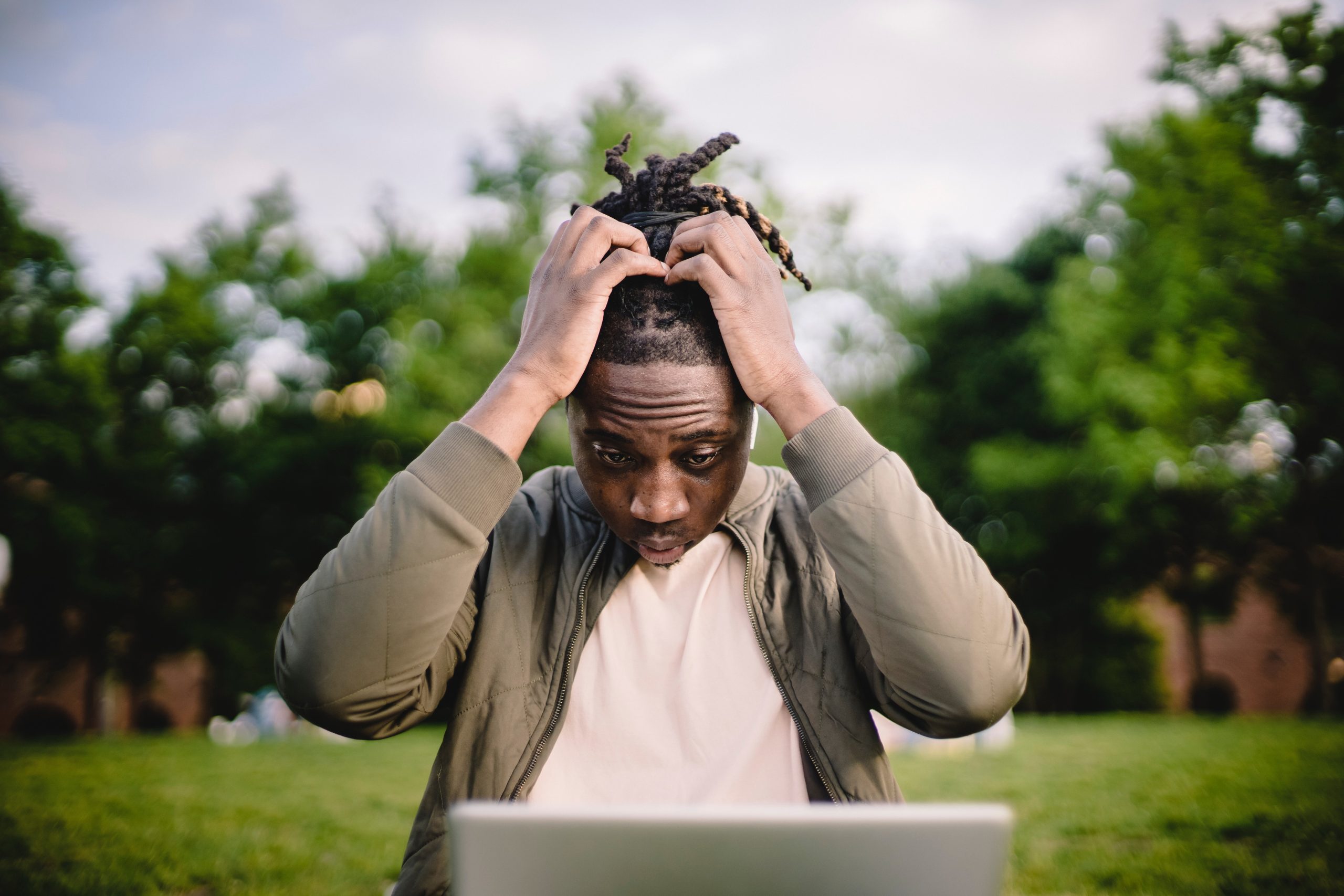
When the pressure’s on in your job or your studies, many of us think we need to pull an all-nighter, deliberately missing out on sleep to concentrate on getting our work done. This, however, is a mistake. If you’re not sleeping enough, this will have a detrimental effect on your concentration levels, and it’s unlikely you’ll be working to the same standard you would otherwise.
Your eyes are puffy or have circles
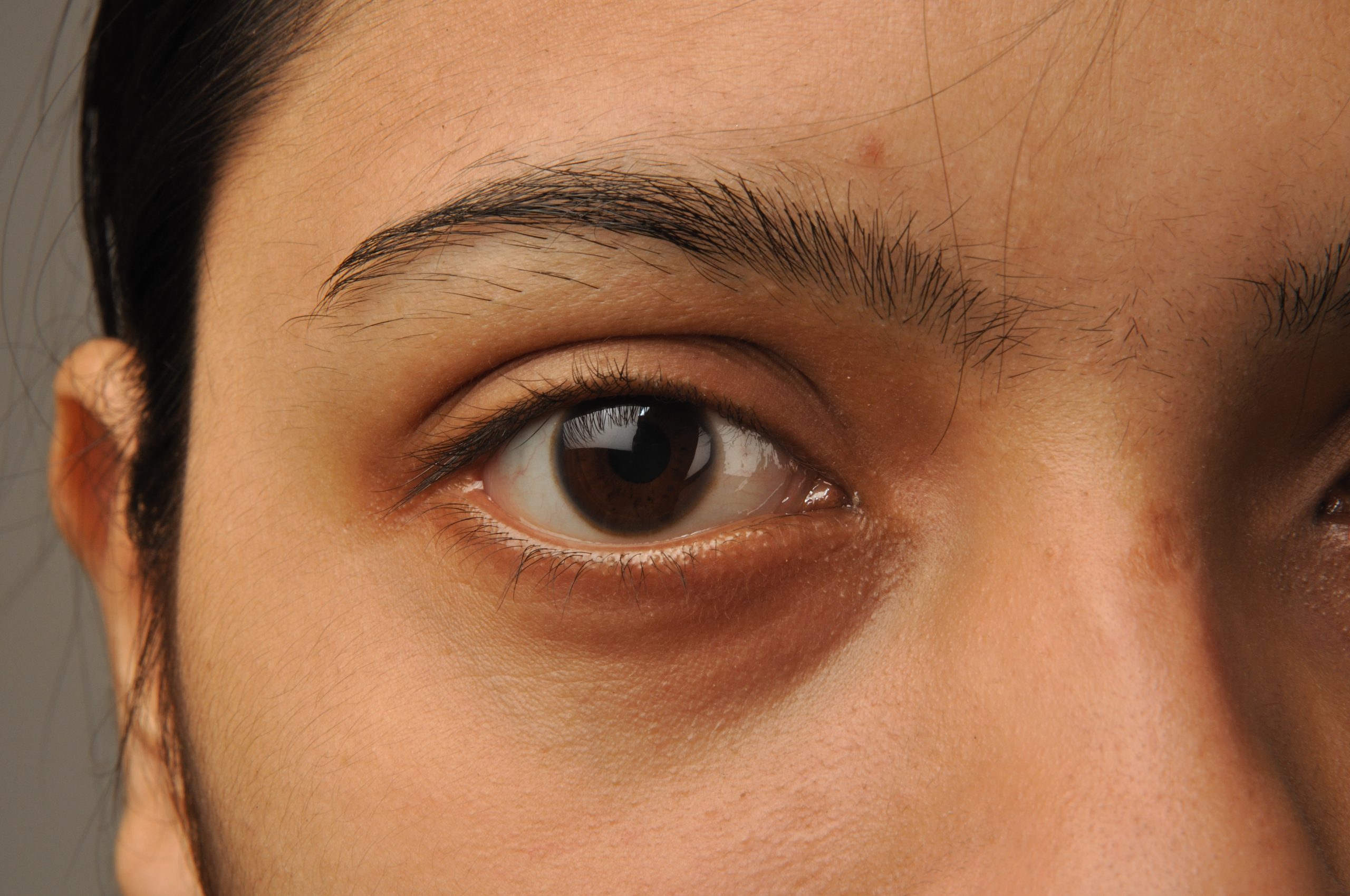
One of the oldest tell-tale signs of lack of sleep is bags, dark circles or puffiness around the eyes. Sleep deprivation leads to a decrease in our collagen levels, meaning our skin will lose some of its natural elasticity. Along with this, there may be an increase in fluid build up under the eyes, which results in bags or circles.
You spend a lot of your time in bed still awake
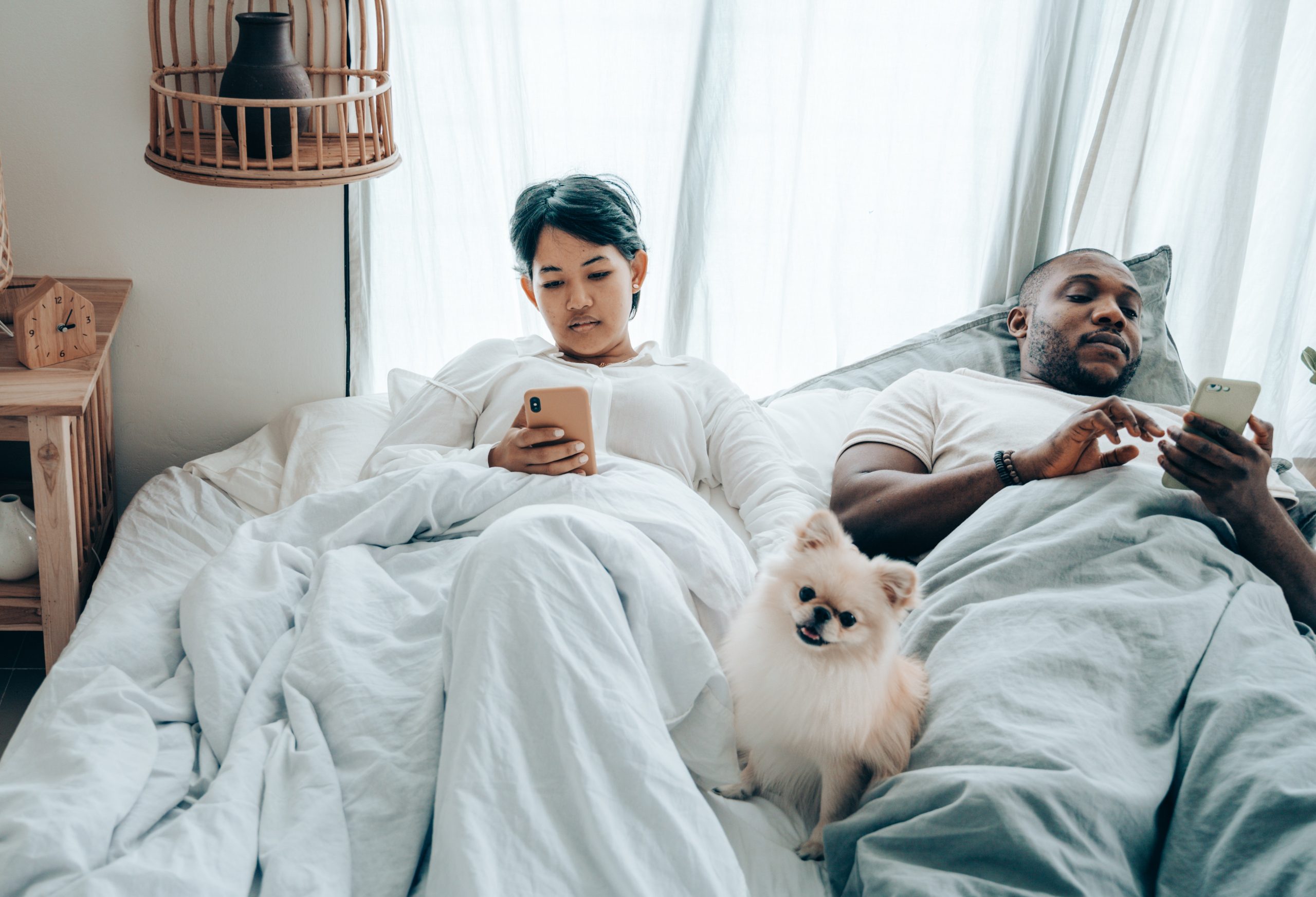
This might seem strange, but if you’re spending too much time on your bed when it’s not bedtime, this may adversely affect your sleep. If you sit or lie on your bed whilst eating, watching TV, using your laptop or phone, subconsciously you will no longer associate the bed specifically with sleep. Hanging out somewhere else, like your living room, can help overcome this.
You wake with a bad back and/or neck
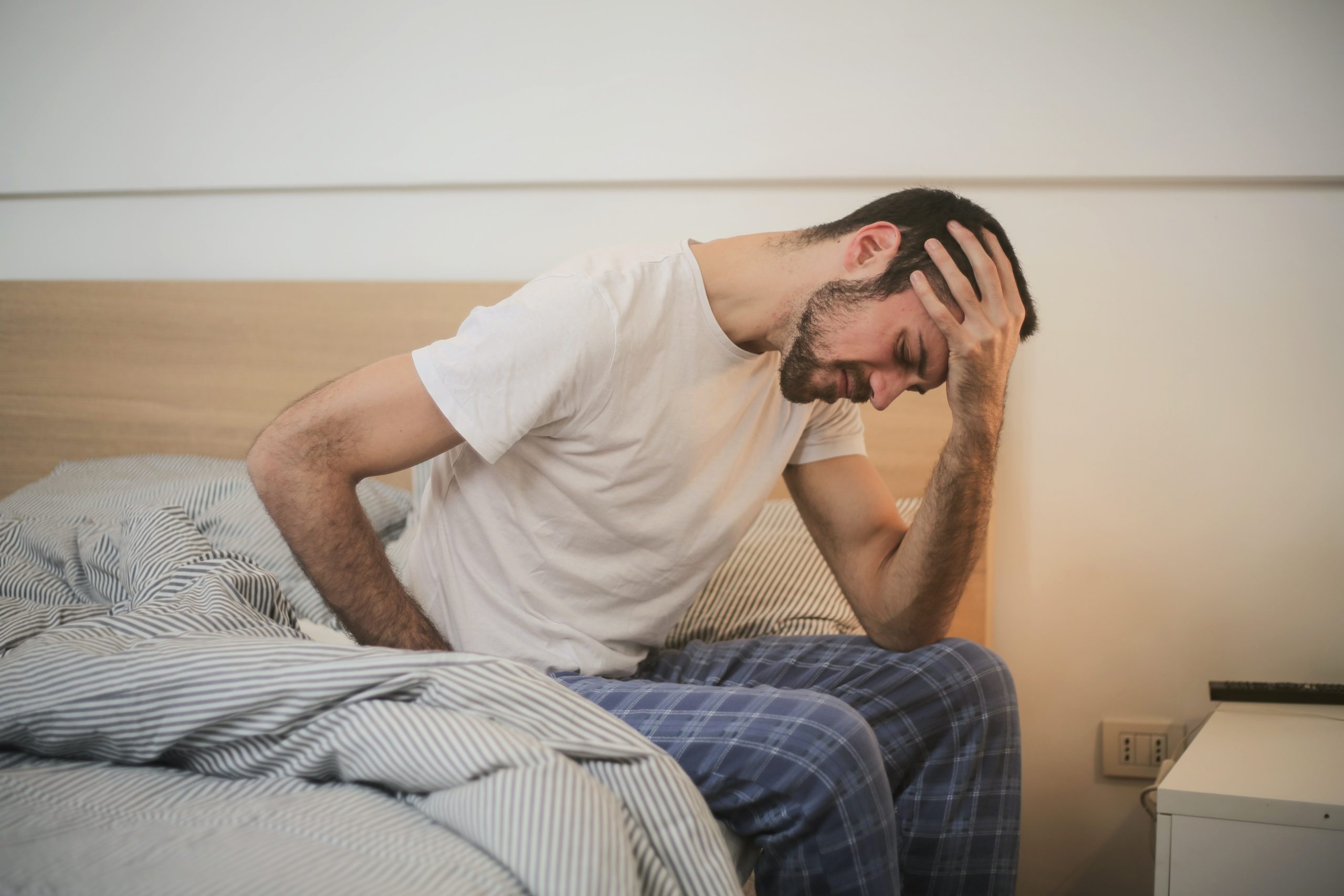
A clear sign of a bad night’s sleep is waking up with stiffness and pain in your neck and/or back. If discomfort in this areas is part of what’s making it hard to sleep at night, it may well be that you’re not sleeping in the right position, or you might even be in need of a new, better quality mattress and pillow.